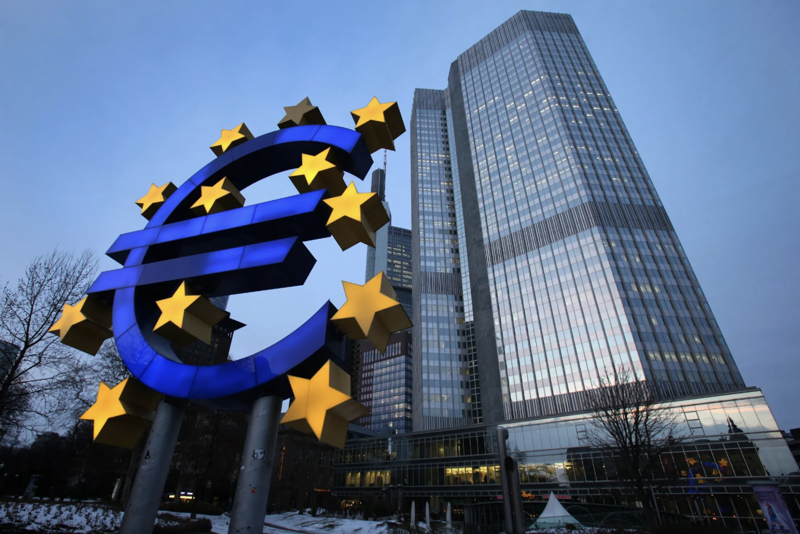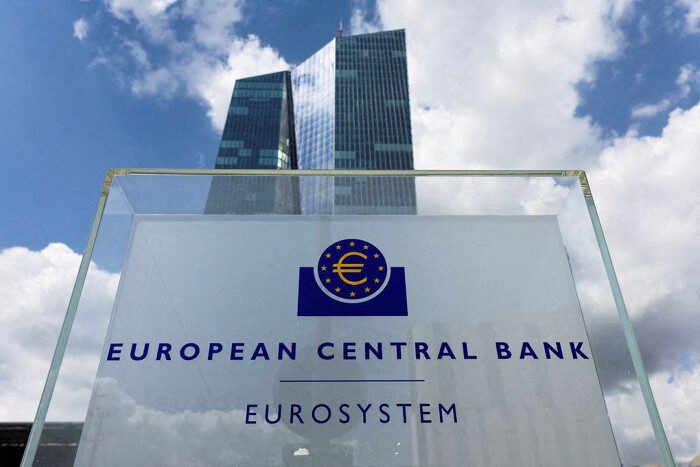On October 18, 2024, the European Central Bank (ECB) officially announced a further reduction of the reference interest rate by 0.25%, bringing it down to 3.25%. This is the third rate cut by the ECB since June, with each cut being 25 basis points. The decision was made after a meeting held in Ljubljana, Slovenia, on October 17.
Here's ads banner inside a post
The main reason for this move is the progress in reducing inflation. According to published data, inflation in the eurozone for September decreased to 1.7%, the first time in three years that it has fallen below the ECB’s target of 2%. ECB President Christine Lagarde emphasized, “We believe that the process of lowering inflation is moving in the right direction, and all the information received in the past five weeks indicates positive signals.”
However, Lagarde also acknowledged that the economy has recently been “weaker than expected,” particularly due to declines in the manufacturing and export sectors. Germany’s GDP, the largest economy in Europe, fell by 0.1% in the second quarter, but she believes there are no signs that the region is heading into a recession.
Despite the interest rate cut, the ECB did not provide many signals regarding the possibility of further cuts in the upcoming policy meeting in December. Lagarde stated that they “do not commit in advance to a specific interest rate path” and will decide based on the data reviewed at each meeting.
Here's ads banner inside a post
Meanwhile, economists are starting to point out increasingly clear evidence of a recession in the eurozone, especially in Germany. In the second quarter, the eurozone economy recorded only a 0.2% growth compared to the first quarter, clearly indicating a weakening of economic activity.
GianLuigi Mandruzzato, a senior economist at EFG Asset Management, noted, “Although the ECB has not committed to a specific interest rate path, we believe that the risks to growth in the context of gradually declining inflationary pressures will lead to multiple rate adjustments, starting in December and continuing into 2025.”
The history of the ECB’s establishment dates back to 1999, when the euro was introduced, and has witnessed numerous fluctuations in monetary policy. The ECB began raising interest rates in the summer of 2021, reaching a record high of 4% in September 2023 to control inflation. However, this also placed significant pressure on the regional economy.
Here's ads banner inside a post
High interest rates have led to reduced investment and growth, in a context where the economy has already been weak for nearly two years. The latest data, including industrial output and bank credit, indicate that the downward trend will continue in the coming months. The labor market is also beginning to show signs of strain, with the vacancy rate decreasing from record highs.
Internally, the ECB and politicians in Germany and Italy have called for a timely easing of monetary policy before it is too late. Markus Ferber, a German member of the European Parliament, stated, “The ECB has been too cautious in the past, and it’s reassuring that Lagarde is not repeating that mistake a second time.”
However, part of the economic weakness stems from structural issues, such as high energy costs and low competitiveness, which are hindering Germany’s industrial sector. Lagarde has also reiterated the call for member states to promote “ambitious” reforms to enhance productivity in the eurozone economy, making the region more competitive and resilient.
It is noteworthy that while many economies worldwide are recovering robustly after the COVID-19 pandemic, the eurozone is facing even more serious challenges. Factors such as inflation, high energy prices, and political instability mean the eurozone economy may face a difficult year in 2024. The declining consumer confidence in major markets like China is also a significant factor that cannot be overlooked in the current context.
This interest rate adjustment by the ECB is not merely a routine action but a response to the complex global economic landscape. These decisions will have long-term effects on the European economy, and closely monitoring developments in the near future is essential. The future of LVMH and other luxury brands also depends on how the ECB and member governments respond to current challenges.

